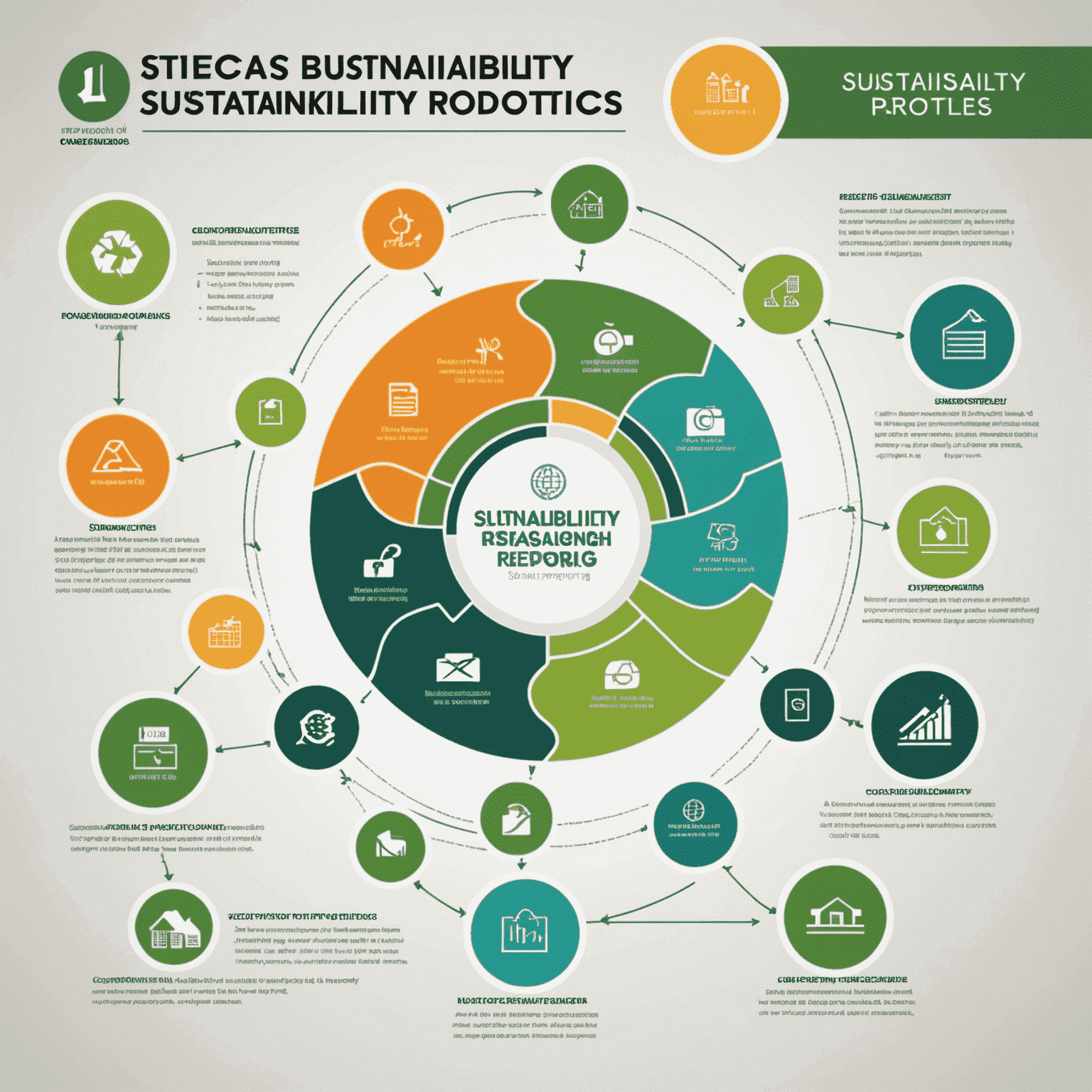Measuring and Reporting Sustainability Performance

Measuring and reporting sustainability performance is crucial for organizations to track their progress towards sustainability goals and communicate their efforts to stakeholders. Key sustainability metrics include:
- Greenhouse gas emissions
- Energy consumption
- Water usage
- Waste generation and recycling rates
- Employee diversity and inclusion
- Community engagement and social impact
To effectively measure these metrics, organizations should establish clear data collection processes and use standardized reporting frameworks such as the Global Reporting Initiative (GRI) or the Sustainability Accounting Standards Board (SASB). Regular audits and third-party verification can help ensure the accuracy and credibility of sustainability data.

When reporting sustainability performance, it's important to be transparent about both successes and challenges. Stakeholders appreciate honest and balanced communication, and it can help build trust in the organization's sustainability efforts. Sustainability reports should include both quantitative data and qualitative context, as well as goals and targets for future performance.
Integrating sustainability metrics into business decision-making and strategy is also key. By considering sustainability alongside financial performance, organizations can identify opportunities for innovation, risk reduction, and long-term value creation. Effective sustainability measurement and reporting is an essential tool for any organization looking to embed sustainability into its core business practices and contribute to a more sustainable future.